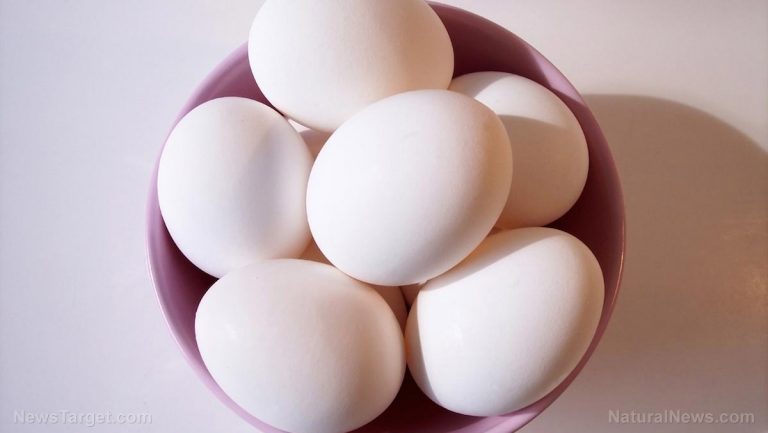
Turns out, the part of the egg that we don’t eat can actually help relieve our joints. In a study published in Clinical Interventions in Aging, the authors revealed that NEM, a proprietary eggshell membrane ingredient from Stratum Nutrition, may have the potential to help with joint recovery after an exercise. According to researchers, the study was also the first of its kind to use CTX-II, a cartilage degradation marker, as a benchmark for effective joint health intervention.
In the company’s website, NEM is touted to “support joints against pain, stiffness, and cartilage breakdown.” According to Dr. Jason Theodosakis, the contributing author of the study, the ingredient contains naturally occurring compounds – as well as collagen, peptides, and amino acids – to provide “defense for joint health.”
For the single center, randomized, double-blind, placebo-controlled study, researchers looked at the effects of NEM on healthy post-menopausal women. Sixty women took part in the study, where they were randomly assigned to take either NEM 500 g capsules or a placebo. The participants took one capsule daily, while they were asked to perform leg exercises every other day. The researchers looked at the extent of cartilage degradation at the end of both weeks.
Based on the results, participants who took the NEM ingredient exhibited significantly higher recovery rates than those who took the placebo. The placebo group, on the other hand, did not report significant differences in post-workout pain compared with baseline values. The researchers also noted that using the CTX-II biomarker in urine samples, those in the NEM group had a sustained decline in cartilage degradation – which they claimed is the first evidence that demonstrates CTX-II’s ability to be used as a benchmark for joint health in individuals.
The power of the elements: Discover Colloidal Silver Mouthwash with quality, natural ingredients like Sangre de Drago sap, black walnut hulls, menthol crystals and more. Zero artificial sweeteners, colors or alcohol. Learn more at the Health Ranger Store and help support this news site.
Looking at how exercise affects joint health
The results exhibited by using the CTX-II biomarker demonstrate the improvement in cartilage in healthy joints – something that Dr. Theodosakin and his team haven’t done before.
“When you exercise, your cartilage is metabolically active, too,” he added in a statement in NutraIngredients. “This particular biomarker for cartilage degradation is probably the most validated of all the biomarkers in joint health.”
The study also dispels a popular notion about exercise – that exercise causes joint problems, in particular, arthritis. An earlier study, conducted by researchers from Bangor University in U.K., found that while most people perceive exercise to be beneficial, they were most concerned about whether exercise can harm joints and if they possess adequate exercise knowledge to prevent it.
Even the Framingham Heart Study, one of the longest-running studies on cardiovascular diseases, has looked at the link between the two. More than 1,200 volunteers signed up between 1993 and 1994 to answer questions about their patterns of exercise, including walking, jogging, being active enough to work up a sweat, and their overall exercise level. They also provided information about their knees – in particular, information on previous knee injuries, as well as existing symptoms of knee pain and stiffness. They were then weighed and measured and had a full series of knee x-rays.
After more than a decade, the individuals underwent the same survey and x-ray procedure. These were then independently evaluated by experts who were not privy to the participants’ exercise history. Their findings revealed no correlation between exercise and arthritis of the knee. (Related: Exercise Does Not Hurt Joints: Study Debunks Common Myth.)
What it boils down to is, getting added help to support healthy joints is always good, but only if you really exercise.
Learn more about supplements that help keep you moving by following SupplementsReport.
Sources include:
NutraIngredients
NutritionalOutlook
StratumNutrition
OnlineLibrary.Wiley
Health.Harvard.edu
